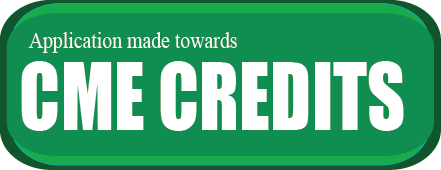Rigler Tohar
Soroka University Medical Center, Israel
Title: The attitudes and the use of methylphenidate among health care trainees
Biography
Biography: Rigler Tohar
Abstract
Background: In recent years, there has been an increase in the use of ADHD medications among students who do not have a diagnosis of ADHD in an effort to improve their academic performance. This includes medications that have been obtained through a legitimate prescription and through other means. How healthcare trainees perceive and use these medications deserves a special focus as their current attitudes and choices may influence their future practice in managing the care of children with ADHD.
Methods: Students were asked about symptoms of ADHD according to the 18 criteria in the DSM 5 and were also surveyed about their attitudes towards the use of methylphenidate (MPH) and their personal use (both with and without prescription). A sample of 312 students was taken from a cohort of pediatric residents, and medical and psychology students. An additional 133 engineeringstudents were sampled for the sake of comparison.
Results: Overall, 22% of all healthcare trainees reported some MPH use. Healthcare trainees were far less likely to carry a formal diagnosis of ADHD than engineering students (9% vs. 23%), although they tended to meet diagnostic criteria to the same level (20% vs. 21%). Healthcare trainees were also more likely to use these medications without a formal ADHD diagnosis (only 37% of health care MPH users had a formal diagnosis vs. 60% among engineering trainees) and they were far more likely to believe that MPH has an effect on people without ADHD (71% vs. 55%).
Conclusions: High rates of health care trainees who do not have a diagnosis of ADHD report using MPH and may not be educated enough about the subject of ADHD. Healthcare trainees should be educated about the importance of appropriate diagnosis of ADHD and the responsible use of methylphenidate.

